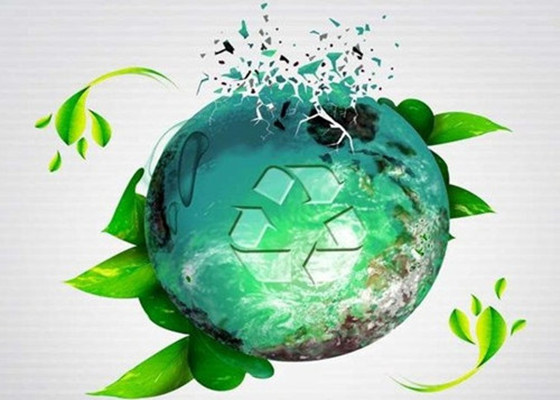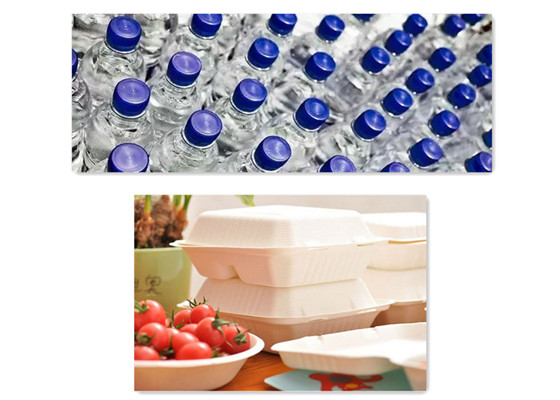Various governments have controlled the usage of plastics
From the general public to the government, industry, and the media, they have been paying close attention to marine plastics and environmental pollution in recent years. In particular, in recent months, mainland China strictly controls the import of waste plastics, resulting in the disposal of millions of tons of waste plastics in the world. Landfills or incineration are eliminated, which may eventually causing environmental pollution.

Some waste plastics even been disposed of river waters to the sea to cause marine litter; cracking into micro-plastics enters marine organisms and animal viscera, causing the food chain to be contaminated and entering the body's blood vessels; causing cancer, infertility, endocrine disorders and various diseases.
Many governments and the United Nations have studied how to control waste plastics at the source to pollute the environment and endanger the human body. These include the regulation of some plastics applications by law, including the use of expanded polystyrene foods and the use of primary packaging films and supermarket plastic bags. In terms of production, plastic products recycling such as polystyrene recycling is encouraged.

China's waste plastics are mainly sourced from water bottles and packaging. The average American uses 68 kilograms of plastics per year, while the amount consumed in mainland China is also quite large, with 38 kilograms per year. I have found that the majority of China's consumption is mainly in water bottles and packaging. No matter where we go, distilled water or bottled water is generally available, and it is free.
Another large amount of waste plastics are food and non-food packaging films. We often see chopsticks, dishes and spoons in plastic packaging and are ready to use at any time in restaurants. But diners just take it out and put the dishes back again. Wash it again, this is a waste of resources and manufacturing.

Everyone should participate in the crisis of reducing waste plastics. The government has the responsibility to educate and make necessary legislative controls. Schools should educate and experts should use the findings to publicize how one-time use of plastics will endanger the environment and health. Taking INTCO recycling as an example. INTCO is a company that provides EPS recycling densifier which called GREENMAX. It sells this kind of machine to the target customers and purchase the compacted blocks or melted ingots back to make pellets, and then using the pellets to make decoration frames such as picture frames and so on.
